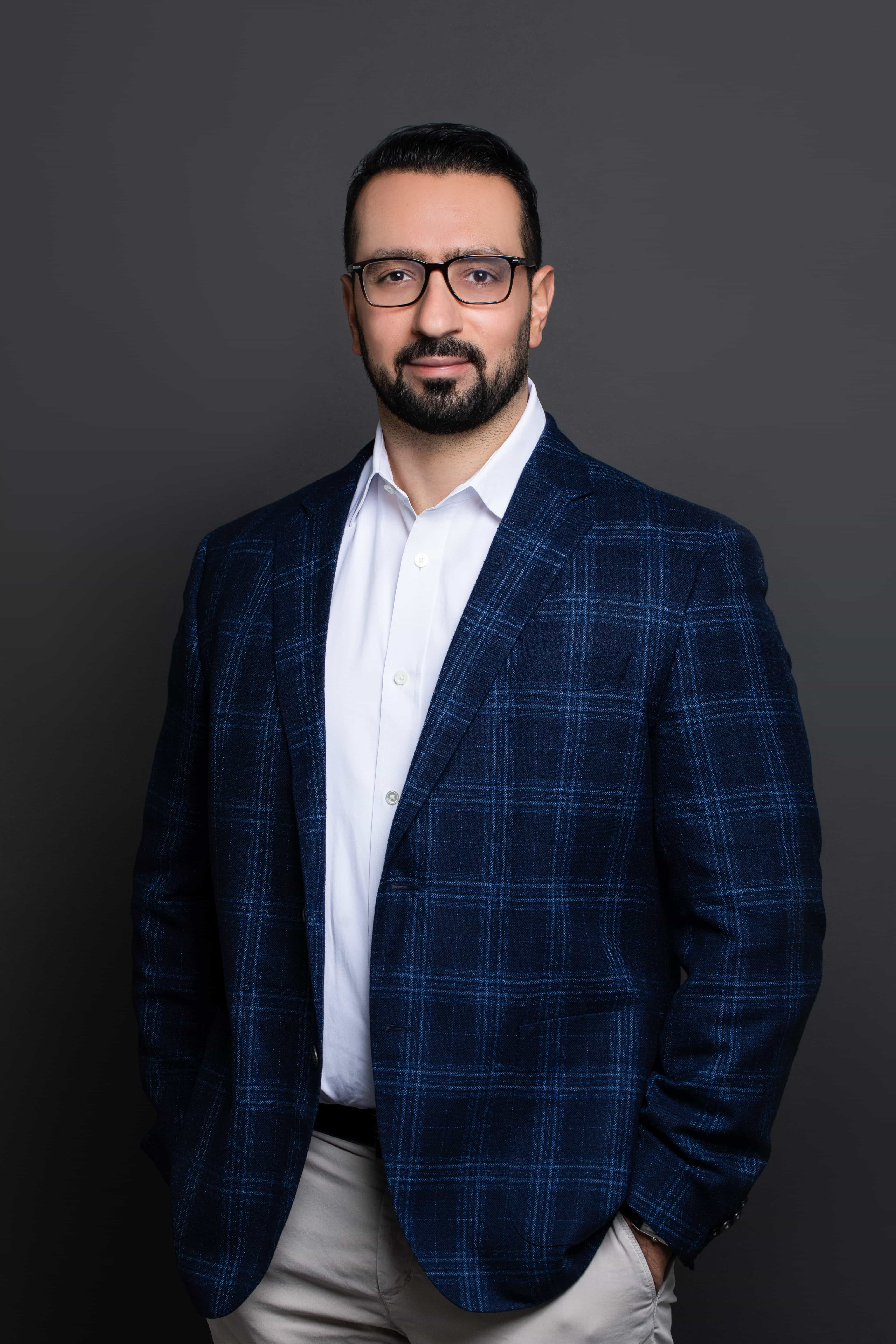Internal Medicine — Rotation Detail
Geriatrics at Farwaniya
Tutors

Rotation Coordinator
Farwaniya Hospital Geriatric Medicine Rotation (2025/2026)
Dear Resident,
We are excited to welcome you to our Geriatric Medicine Service. A hospitalization is an
especially significant event to an older adult, and despite proper treatment for the reason for admission, the patient regrettably is still at risk of being discharged with new disabilities that were not present before the onset of illness. To address the needs of frail hospitalized older adults, a complex multi-disciplinary treatment (MDT) approach should be considered. Physical, functional, psychological and social health each play a role in the complexity of an older adult’s well-being and as such, a holistic rather than a disease centric approach should be considered when managing such cases. Geriatric Medicine aims to address these complexities through a tool called a Comprehensive Geriatric Assessment (CGA) which identifies medical, psychosocial, and functional limitations of a frail older person and acts as both a diagnostic and a therapeutic
process through a coordinated management plan.
First Day information:
Please contact the Geriatrician you are assigned with during your rotation prior to your start date to establish time and place of meeting. Generally, the meeting room is located in the NEW FARWANIYA HOSPITAL, the 7th Floor, Ward B7, Room number 702-0136.
Please note that you will need to liase with the Internal Medicine department in terms of your calls and call schedule requirements.
Please notify us with changes related to sick and annual leaves, academic half days, and other commitments with your program.
Objectives:
Medical Expert / Clinical Decision Maker
- Demonstrate diagnostic and therapeutic skills for ethical and effective patient care.
- Recognize and describe common disease processes, which may present atypically in the older adult and contrast these to younger adults.
- Assess, investigate and manage common geriatric syndromes
- Demonstrate knowledge in the special assessment tools that are used in a geriatric assessments.
- Demonstrate knowledge of the pharmacokinetic changes that occur with aging and how these changes modify the choice of drug, dosage and prescriptions for an older person.
Communicator
- Establish therapeutic relationships with the patients and their caregivers.
- Discuss appropriate information with patients’ families and healthcare team.
- Establish patient centered goals directed at older adults.
- Conduct an interview and history essential for the assessment of the geriatric patient including the mental status exam, functional assessment and assessment of mobility.
- Demonstrate an ability to participate and conduct a family conference effectively and to deal appropriately with various family dynamics.
- Demonstrate an ability to communicate challenging information and the identification of a limited prognosis.
Collaborator
- Consult effectively with other physicians and healthcare professionals.
- Understand the importance of the multidisciplinary approach required in the management of the older adult.
- Describe the roles and responsibilities of other health care professionals in caring for the older adult including the value of team and family conferences in patient management.
- Understanding the role and importance of family and caregivers in the care of the patient.
Leader
- Allocate finite healthcare resources wisely.
- Balance the proper use of investigations and therapies for individual patients with the social obligation to control healthcare costs.
- Align resource use (type and intensity) to the degree of frailty.
- Demonstrate the ability to lead and manage multidisciplinary rounds.
- Demonstrate the ability to effectively conduct a family conference.
- Demonstrate the ability to work effectively with a interdisciplinary team.
Health Advocate
- Identify the important determinants of health affecting older adult patients.
- Contribute effectively to improve the health of patients in communities.
- Recognize and respond to those issues where advocacy is appropriate.
- Demonstrate an understanding of the most important determinants of health for seniors including education, financial resources and social support systems that may contribute to psychiatric illnesses.
- Recognize the potential for vulnerability of older persons and of elder abuse.
Scholar
- Demonstrate an ability to integrate critical appraisal skills into the evaluation and management of medical problems for patient care.
- Facilitate learning of patients, house staff and other health professionals.
Professional
- Demonstrate a commitment to the application of high bioethical standards to clinical practice in areas such as honesty, consent, advanced directives and confidentiality.
- Recognize the importance of psychological aspects of chronic disease and its influence on medical management.
Attached here is a link to a google drive for some useful references: https://drive.google.com/drive/folders/1UPQSTKhMRzYd5EIEZwxiQshXs5kE4gyg?usp=sharing
Please feel free to reach out for any clarification or further details.
Regards,
Dr. Sultan Alqadiri
Specialist Geriatric Medicine
Phone: +96566828908
Email: sultanalqadiri@gmail.com